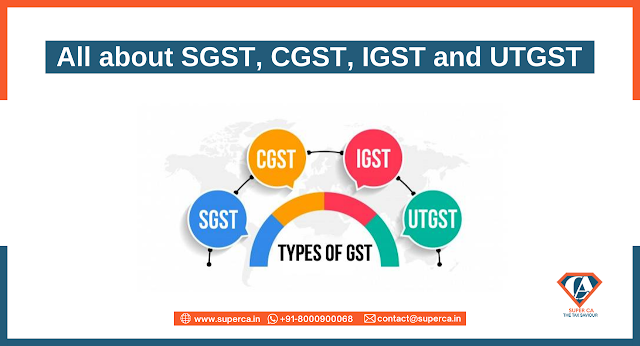Section 194N of Income Tax Act
In order to discourage cash transactions and move towards a cashless economy, a new Section 194N was inserted under Income-tax Act with effect from September 1, 2019, to provide for deduction of tax on cash withdrawals made by any person from his bank or post-office account..‘Section 194N – TDS on cash withdrawals over and above Rs 1 crore’ was introduced through the Finance Bill, 2019.
It is applicable on more than Rs 1 crore cash withdrawals during a financial year and is applied to the withdrawal of all the sums of money or an aggregate of sums from a particular payer in a financial year. The section serves the objective of eliminating large cash withdrawals from bank accounts and phasing out black money from India.
Who will deduct TDS u/s194N?
An individual or payer making the payment with cash will have to deduct TDS under Section 194N of the ITR filing Act. The list of such persons are as follows:
→
a banking company to which the Banking Regulation Act, 1949 (10 of 1949)
applies (including any bank or banking institution referred to in section 51 of
ITR filing Act);
→
A cooperative bank, or
→ A post office
Non Applicability to TDS on cash withdrawal u/s 194N
TDS on cash withdrawal u/s 194N will not apply to withdrawals made by the following persons:
→
Central or state government
→
Private or public sector bank
→
Any cooperative bank
→
Post office
→
Business correspondent of any bank
→
White label ATM operator of any bank
→ The central government specified commission agents or traders operating under
Agriculture
→
Produce Market Committee (APMC) for making payment to the farmers on account of
purchase of agriculture produce
→
Authorized dealers and its franchise agent and sub-agent and Full-Fledged Money
Changer → (FFMC) licenced by RBI and its franchise agents
→ Any other person notified by the Government in consultation with RBI
Rate of TDS u/s 194N
TDS will be deducted at a rate of 2% on cash withdrawals in excess of ₹ 1 crore if the person withdrawing the cash has done ITR filing for any or all three previous AYs.
Further, if the individual receiving the money has not done ITR filing for any of the preceding three AYs immediately preceding the year, the tax deduction limit is reduced to Rs 20 lakh. In that case, the TDS will be deducted at 2% on cash withdrawals/payments of more than ₹ 20 lakh and 5% for withdrawals exceeding ₹ 1 crore.
Applicability when the amount is withdrawn from different banks or different branches of the same bank
Case
- When the amount is withdrawn from different branches of the same bank?
In this scenario, the limit of Rs 1 crore has to be seen for cash withdrawals made from all branches of a bank. Let's take an example
|
Dates |
Branch |
Amount |
|
19.08.2020 |
Mumbai Branch |
₹70 Lakhs |
|
06.12.2020 |
Jaipur Branch |
₹80 Lakhs |
|
29.12.2020 |
Patna Branch |
₹90 Lakhs |
In this case, the bank shall deduct TDS on 06.12.2020 at the rate of 2% of ₹50,00,000/- i.e.₹1,00,000/- from the payment of ₹80,00,000/-.
Similarly, the bank shall deduct TDS on 29.12.2020 at the rate of 2% on ₹90,00,000/- i.e.₹1,80,000/- from the payment of ₹90,00,000/-.
Case - When the amount is withdrawn from different banks?
In this scenario, the cash withdrawals from two different banks shall not be aggregated for the limit of ₹ 1 Crore. Let's take an example
|
Dates |
Bank |
Amount |
|
15.07.2020 |
ICICI BANK |
₹90 Lakhs |
|
29.09.2020 |
PNB BANK |
₹85 Lakhs |
|
26.12.2020 |
BANK OF BARODA |
₹69 Lakhs |
In this case, neither of the banks is liable to deduct TDS under Section 194N of the ITR filing Act.
Final Words
The Government is continuously trying to
transform the country into a cashless economy. Demonetisation and Digital India
Campaign are two popular initiatives taken to reduce the usage of paper money.
Similarly, the introduction of Section 194N in the ITR filing Act was to
fulfil the same motive, i.e., promoting digital payments and discouraging cash
transactions in the country. This objective of digital payments may be achieved
with a proper automated system at the same time blocking the way for huge cash transactions.
Also, the ITR filing tax department can easily access the data of huge cash
transactions and further investigation into the matter related to the same.





Comments
Post a Comment